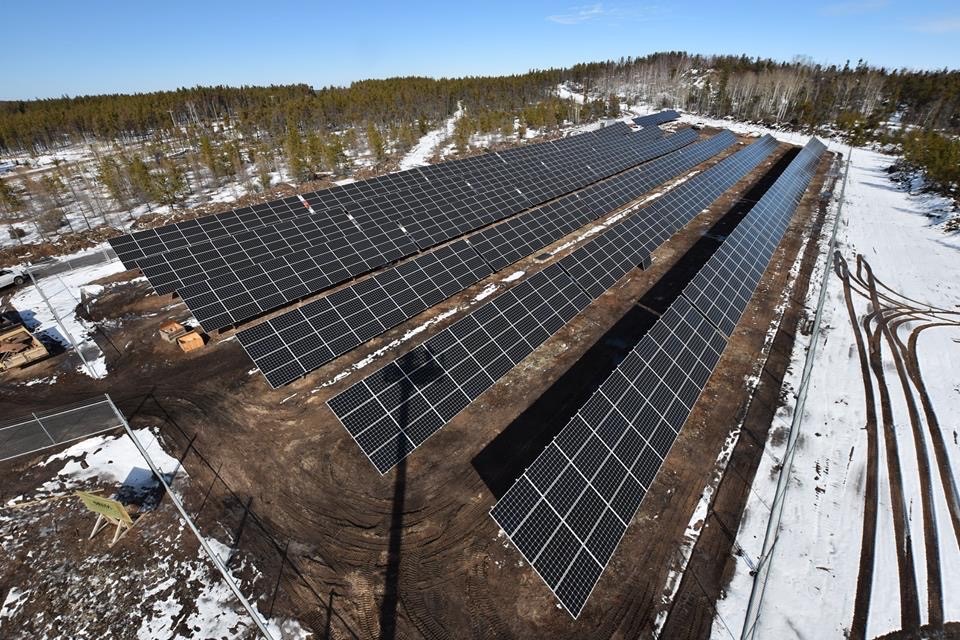The small indigenous community of Fort Chipewyan in northern Alberta is off the main electricity grid and has run on diesel-generated electricity for decades –– until now.
The community is going solar as ATCO gets set to open the first of two large solar projects that will displace 25 per cent of the diesel electricity when complete.
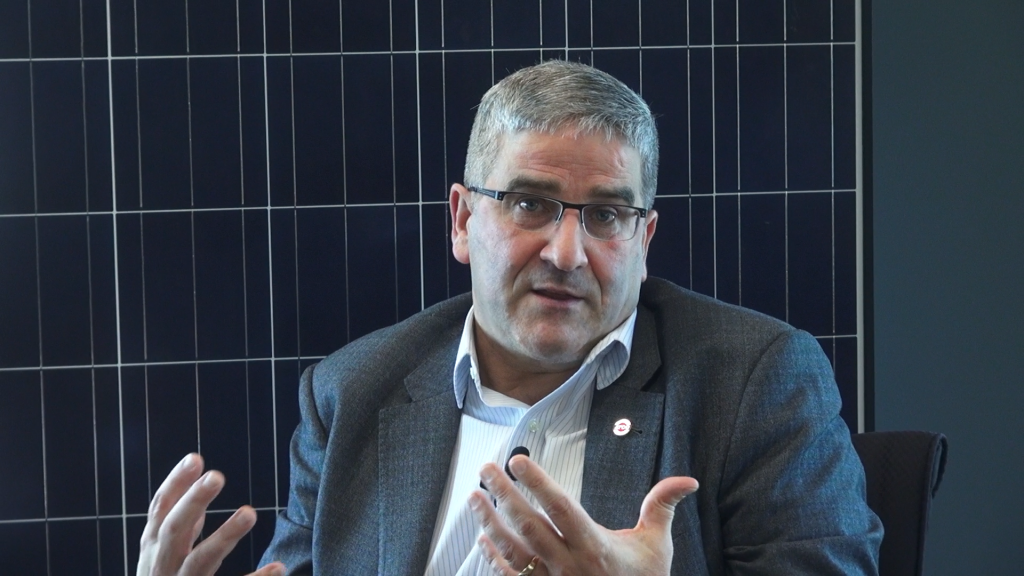
Adding solar to ATCO’s diesel microgrid in Fort Chipewyan, Alberta will offset 800,000 litres of diesel fuel, reduce emissions and reduce the risk of shipping diesel on ice roads, says Paul Goguen, ATCO VP of Development. Photo David Dodge, GreenEnergyFutures.ca
The community is home to the Cree, Metis and other indigenous peoples and it sits on the shores of Lake Athabasca, the largest lake in Alberta.
Electricity comes from a local diesel microgrid owned and operated by ATCO for decades.
“It’s in our view it is it’s super important too to try to minimize our diesel consumption,” says Paul Goguen, Senior Vice President of Development at ATCO in Edmonton.
The first of two phases is a 600-kilowatt solar array that is being built by ATCO and opened this summer.
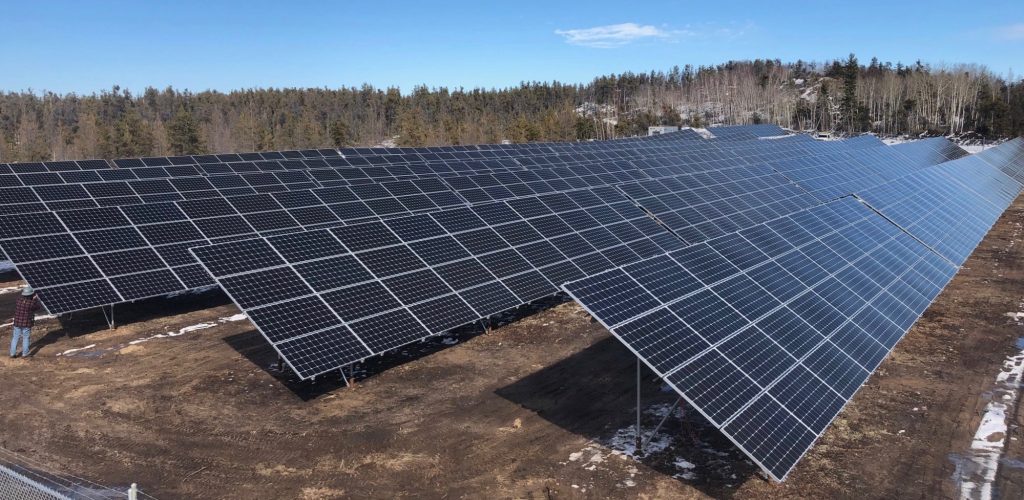
“The project is fairly large, but it’s in two phases. Phase one … will be sufficient to produce energy for about 75 homes in a year,” says Goguen.
The second phase is a 2,200-kilowatt community-owned solar project supported by $3.3 million in provincial and $4.5 million in federal funding. ATCO will build and operate phase two for Three Nations Energy LP (3NE) and install their own 2.5-megawatt battery storage system that will cost an additional $4.9 million.
For ATCO’s part, the idea was based on economics. Community growth required new generation capacity. “It came down to being an economic project for us. It’s a project where instead of installing additional fuel tankage to take care of the additional growth in the community we were able to install the solar system in essence to displace the need for that capital project,” says Goguen.
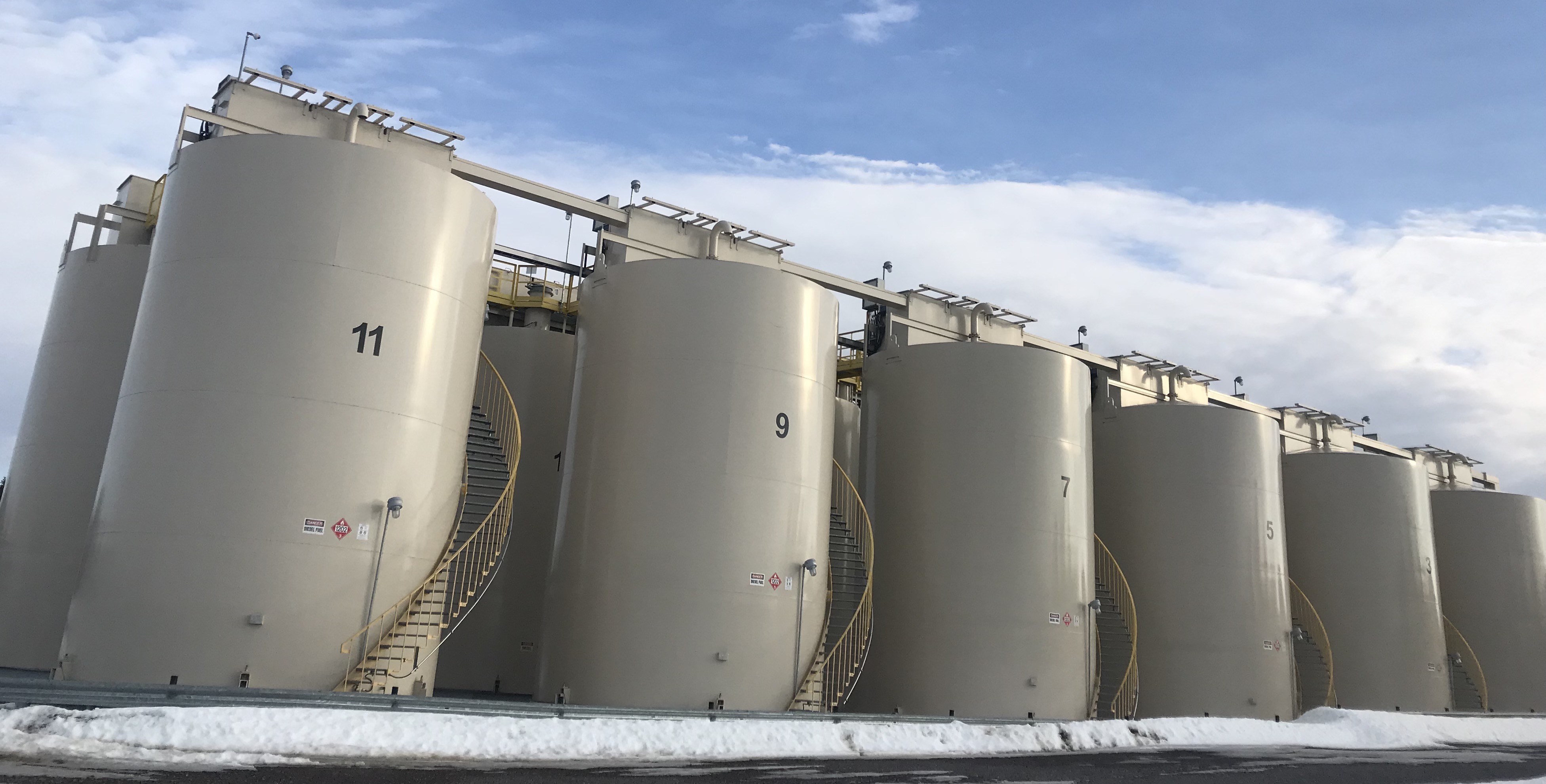
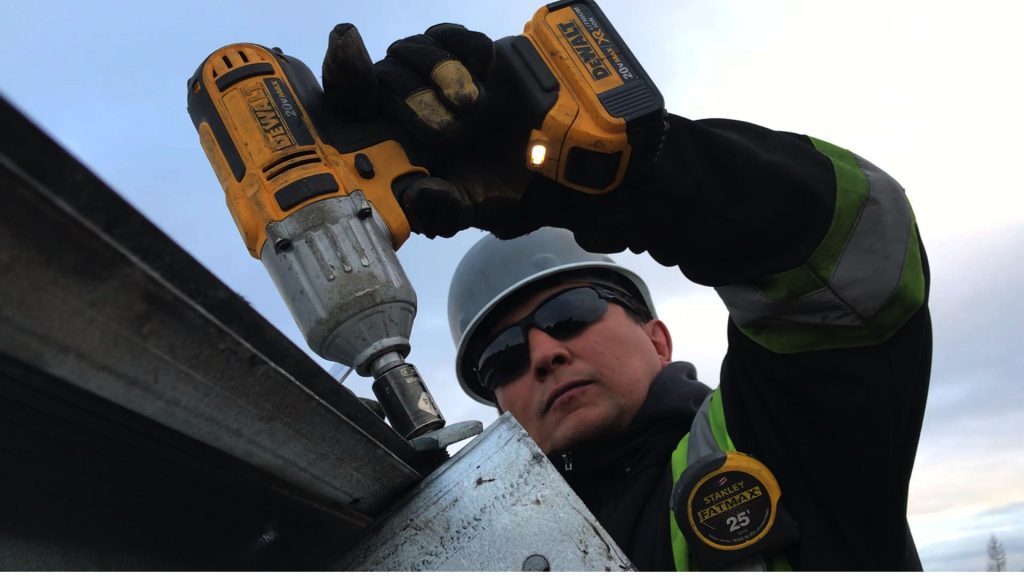
Ian Bourne installing solar modules for the Fort Chipewyan solar project. Photo David Dodge, GreenEnergyFutures.ca
The two projects will reduce diesel consumption by 800,000 litres per year. “It’s very good from a from an environmental perspective,” says Goguen.
The project will reduce emissions by 2,145 tonnes of CO2 and reduce the risk of diesel tankers navigating the ice road that is only open for about six weeks per year. The project will remove the need for 25 tanker trips each year.
“We’re partnering with the Athabasca Chipewyan First Nation, the Mikisew Cree First Nation, and the Fort Chipewyan Metis local 125,” says Goguen. “There is an ownership component, there will be job creation as part of it and ultimately increasing that capacity to the solar project will displace even more diesel and therefore reduce emissions even more for the community.”
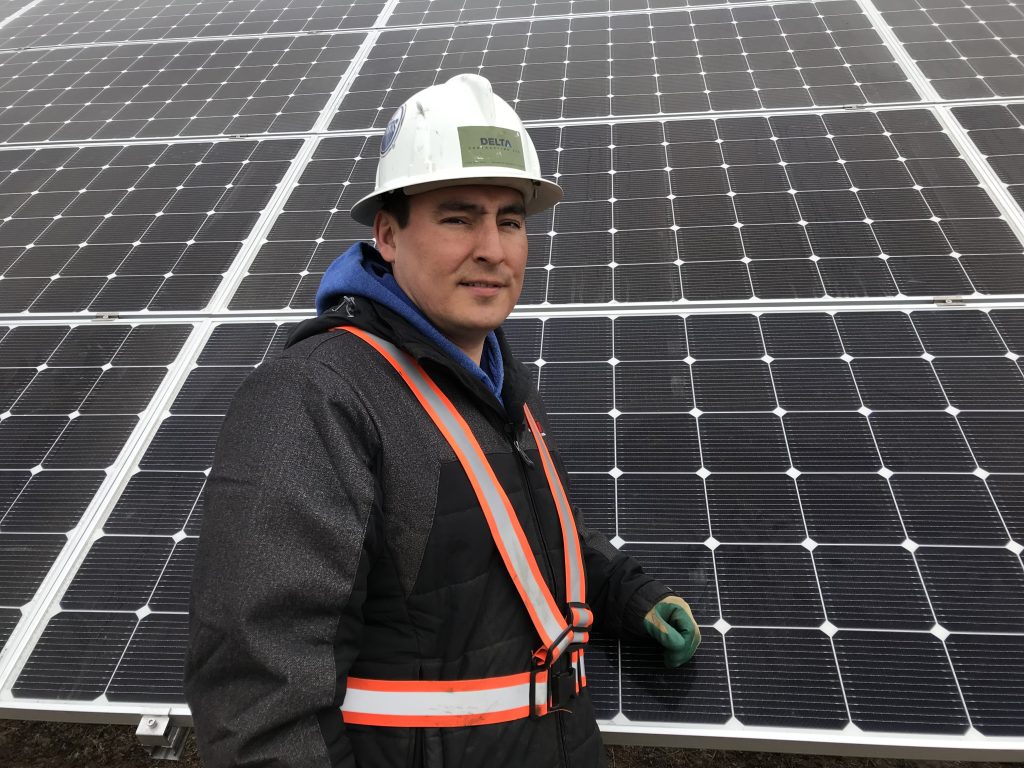
Kevin Courtoreille with local company Delta Contracting installing the phase 1 solar project. Photo David Dodge, GreenEnergyFutures.ca
While in the community we spoke with Kevin Courtoreille, owner of a local company Delta Contracting that was constructing phase one of the project.
“I think it’s a great idea. I think we all need to step up to the plate and start considering the effects to our environment,” says Courtoreille. “Climate change is taking its toll here,” and, “I think that we need to start considering seriously renewable resources and renewable energy.”
